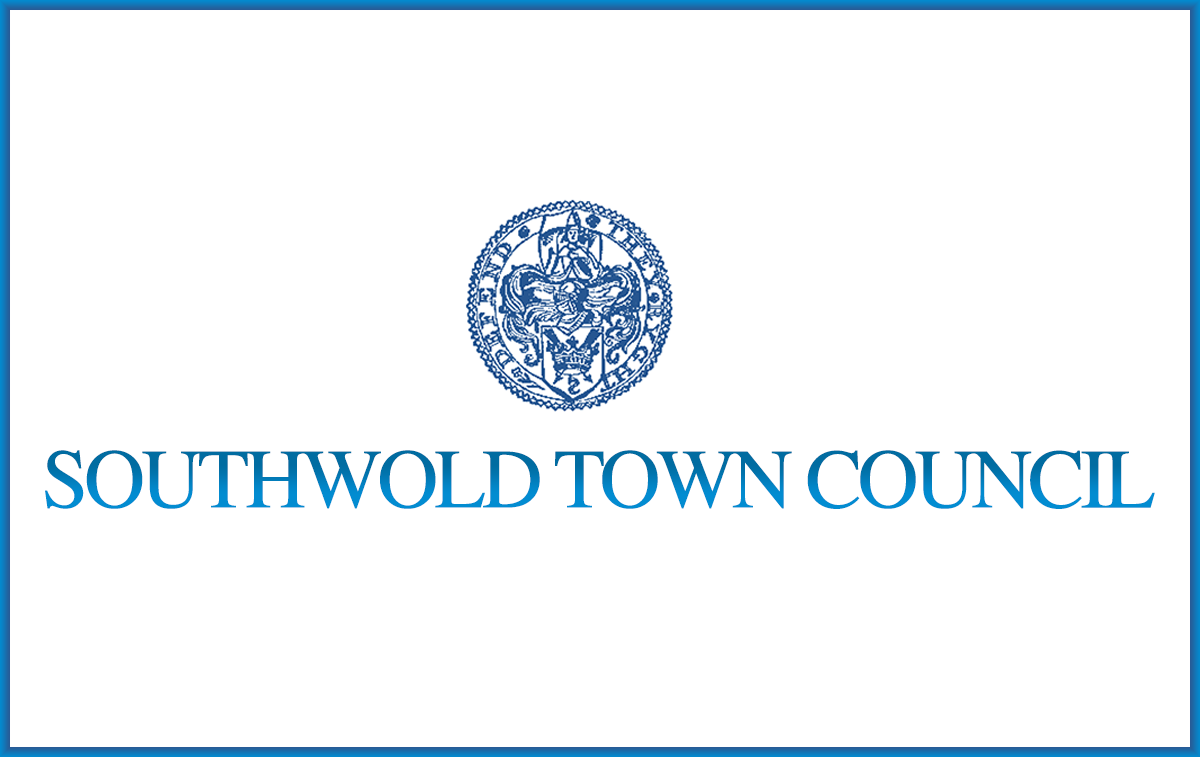‘Response to LionLink Supplementary Non-Statutory Consultation’ or similar.
Southwold Town Council (STC) as a statutory body and on behalf of its residents is in favour of offshore wind energy and securing electricity supplies from continental neighbours but wholeheartedly rejects current outdated plans for onshore infrastructure that will needlessly destroy the local Suffolk environment.
STC is writing to protest again in the strongest terms to the proposals outlined by the Non-Statutory Consultations organised by National Grid Ventures for the LionLink project which will pass through Southwold’s lands or those of other coastal Parishes and surrounding areas.
STC is also against plans to create an onshore Energy Superhub in the Suffolk Coastal area of Friston on which the LionLink proposals are predicated. Current plans (including Sizewell C) would involve 6 nationally significant infrastructure projects within five square miles, in an area with inadequate road infrastructure.
At the recent LionLink consultation it was disappointing that no real alternative options for an offshore transmission network design were being discussed; only the possibility of collaboration with other developers to reduce the level of disruption caused by landfall in Suffolk with cable routes and substation/converter station placements related to already decided designs. Despite the pronouncements in LionLink’s consultation materials, it appears you had not properly taken account of previous consultation responses urging that alternative offshore options with brownfield landfalls should be considered.
In terms of environmental/community impact, the current plans for Landfall F would have a major impact on our local community of Southwold, Reydon and surrounding areas, as would
any of the other Landfall options on other coastal communities, effectively industrialising this part of Suffolk’s precious Heritage Coast. The proposed landfall site, cable routes and infrastructure locations in the Southwold/Reydon area would be enormously damaging for the habitats and species of the Suffolk Coastal area (AONB, SSSIs, SPA and RAMSAR), and to prime farming land and the health of communities. The projected routes are subject to flood risk and road networks are not fit for purpose, leading to a significant reduction in tourism-related income. In our view none of LionLink’s options are suitable. No amount of community benefits can compensate for the devastation they would cause in Southwold or other surrounding areas.
There is a better offshore solution. LionLink, Sealink and Scottish Power Renewables should pool their resources to take the combined energy offshore closer to where it will be used in London/South East (obviating the need for the new Friston sub-station and Sealink’s plans for conveying electricity from Friston). This is precisely what the Dutch are doing at their end of LionLink (landfall at Rotterdam) with Modular Offshore Grid (MOG) development. This is a cheaper, quicker, and better solution with vastly reduced impact on environment and communities. It is the same transmission network design being executed by Belgium, Germany, Denmark and other leading European wind power countries.
National Grid Venture’s Nautilus interconnector is planning to pool energy with the North Falls and Five Estuaries wind farms and to take the energy subsea to the brownfield site of West Grain, the first pilot project of this kind (Pilot 1). This is the evidence to support the rationale for a second pilot (Pilot 2) involving LionLink, Sealink pooling with EA1N/EA2 offshore and going onshore at a brownfield site (e.g. Bradwell) closer to London/South East.
The alternative of running LionLink through Southwold and surrounding areas or other coastal areas is going to be met with tremendous local opposition, uniting the Suffolk coastal areas into a powerful lobby against further disruption to their coastline.
STC urges National Grid Ventures to consider alternative offshore solutions, to speak to Scottish Power Renewables about pooling offshore, and to ask National Grid ESO (Electricity System Operator) and the Department for Energy Security and Net Zero to facilitate and incentivise Pilot 2 for the benefit of all stakeholders.
Cllr S. Flunder, Town Mayor
On behalf of Southwold Town Council
